Talking To Children About Hurricanes: A Parent’s Guide
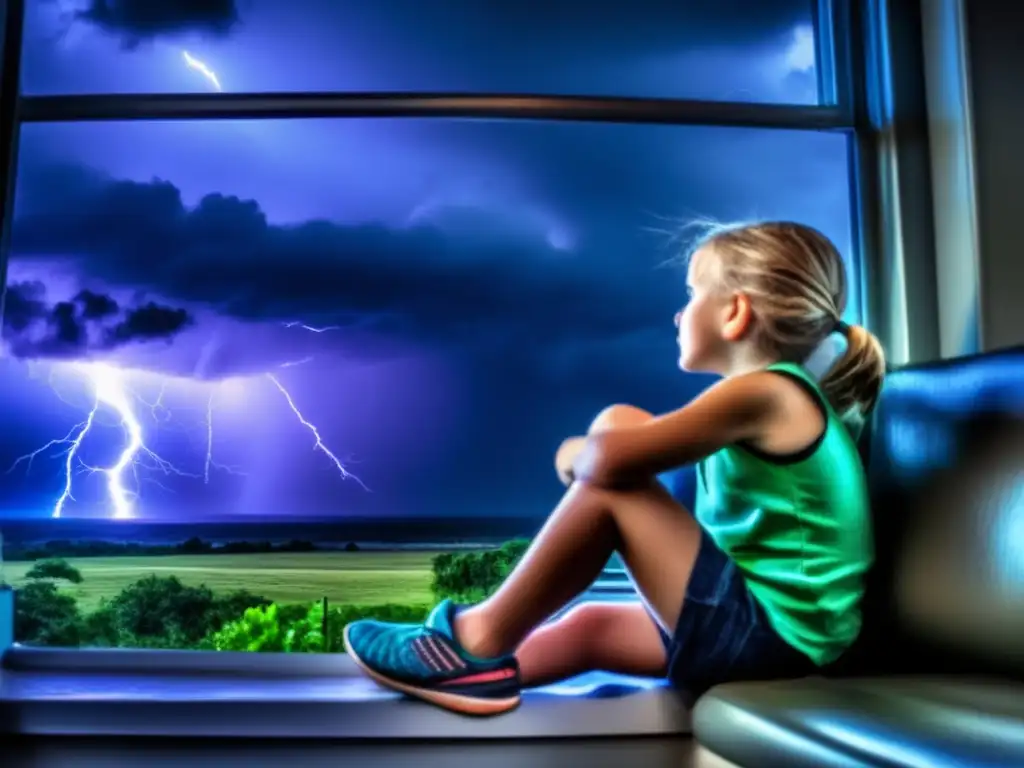
Talking to Children About Hurricanes: A Parent’s Guide
Introduction
As a parent living in an area prone to hurricanes, it is essential to have an emergency plan and know how to prepare your family for the worst-case scenario. In addition to these practicalities, it's also crucial to have an open and honest conversation with your children about hurricanes. Explaining what they are, what might happen during one, and how to stay safe can help children feel less anxious and more prepared. This article will provide a guide for parents on how to talk to their kids about hurricanes.
What Is a Hurricane?
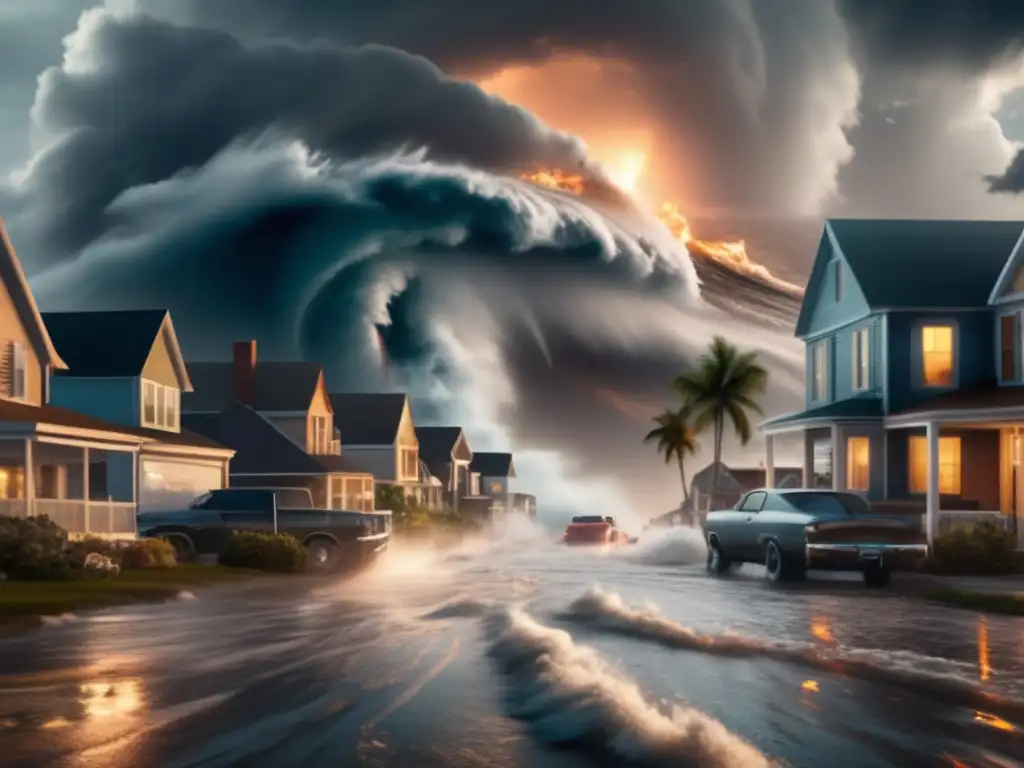
The Basics of a Hurricane
A hurricane is a type of tropical cyclone that typically forms over warm ocean waters. It is a rotating storm system with strong winds, heavy rainfall, and storm surge. Hurricanes are classified into five categories based on wind speed, with category 5 being the most severe. These storms can last for days and cause significant damage to infrastructure and buildings, leading to power outages and disrupted transportation networks. It's essential to prepare for hurricanes by having an emergency kit and a plan in place.
How to Explain Hurricanes to Children
When explaining hurricanes to children, use age-appropriate language and avoid overwhelming them with too much information. Start by telling them that a hurricane is a big storm that can bring lots of rain and strong winds. Explain that hurricanes can cause power outages and flooding and that it's important to be prepared by having a plan and supplies ready. Show them pictures or videos of hurricanes to help them understand what they look like.
How Children Can Help Prepare for a Hurricane
Involving children in the preparation process can make them feel more empowered and less scared. Depending on their age, children can help pack an emergency kit, create a family communication plan, and practice evacuation drills. Encourage them to ask questions and express any concerns they may have. Reassure them that you have a plan and that everything will be okay.
What to Do During a Hurricane
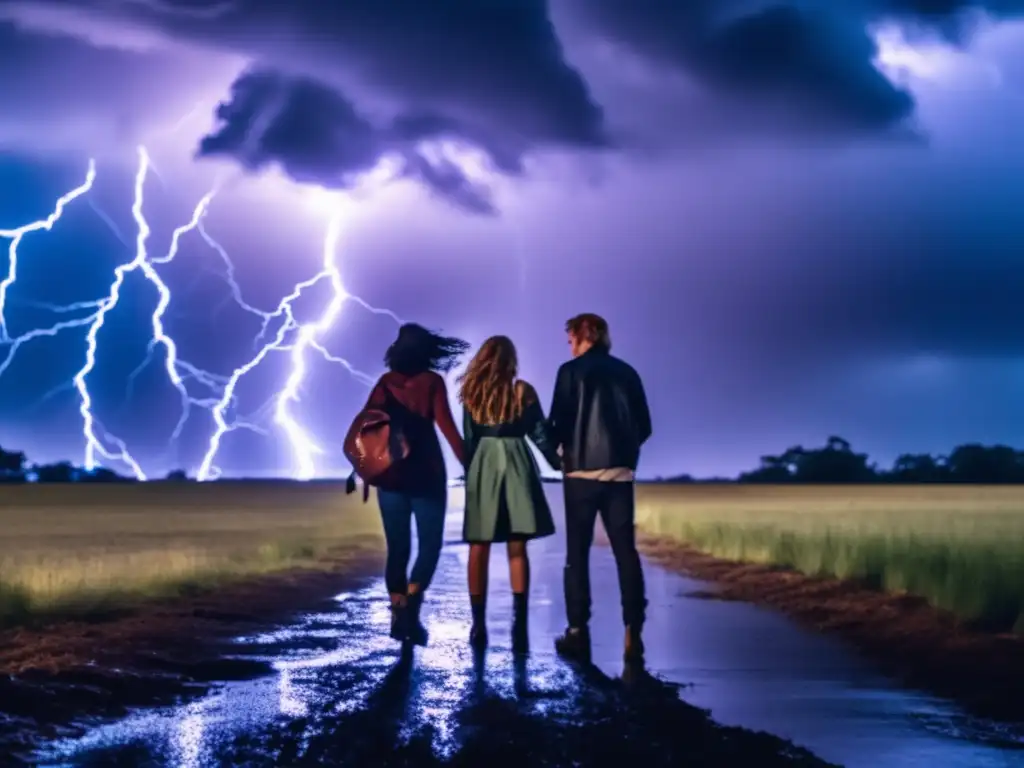
Stay Informed and Alert
During a hurricane, it's crucial to stay informed about the storm's progress and any evacuation orders or other alerts. Keep a battery-powered radio or crank radio on hand to listen for updates. If possible, also sign up for local emergency alerts on your smartphone. Explain to children why it's essential to stay updated and how to listen to the radio or check alerts.
Stay Safe Indoors
It's best to stay indoors during a hurricane, as strong winds and flying debris can be dangerous. It's also essential to stay away from windows and exterior doors. Assign a designated safe room in your home, away from windows, and make sure everyone knows where it is. Bring pillows, blankets, and snacks to keep everyone comfortable until the storm passes. Explain to children why it's necessary to stay inside and how to stay safe indoors.
Stay Safe Outdoors
If it's absolutely necessary to go outside during a hurricane, make sure to wear appropriate clothing and take cover in a sturdy building if possible. Avoid driving through floodwaters and stay away from downed power lines. Children should never go outside during a storm unless accompanied by an adult. Explain to children why it's dangerous to go outside during a hurricane and what they can do instead.
What to Do After a Hurricane
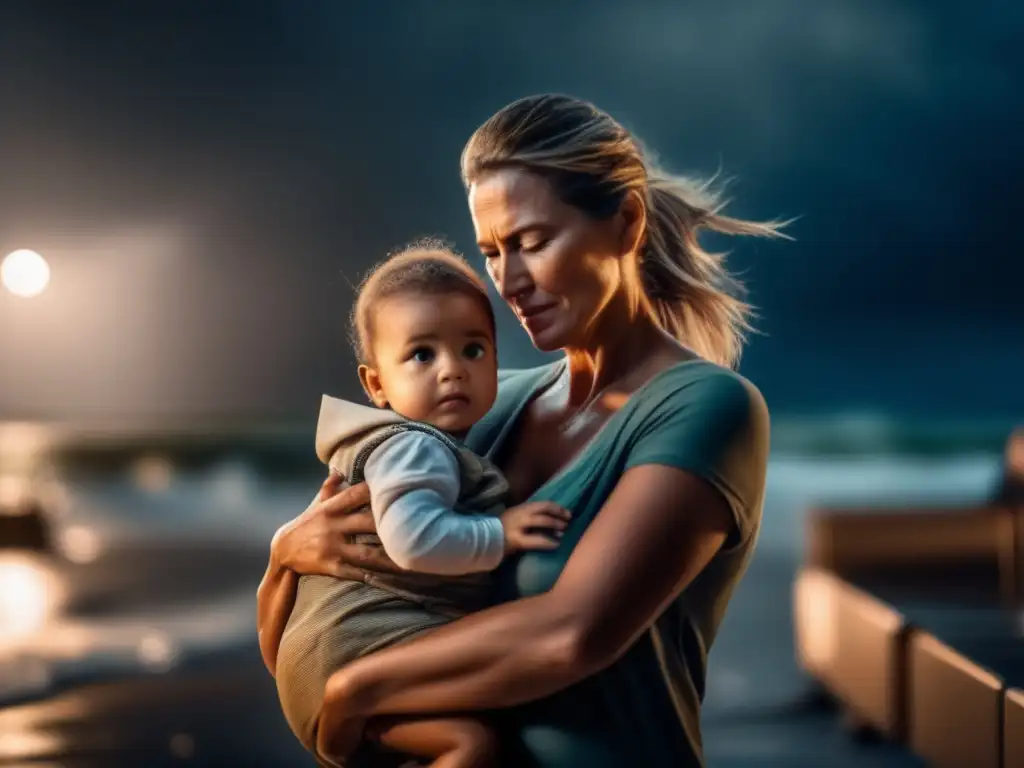
Assess the Damage
After a hurricane, it's essential to assess the damage and check for any hazards, such as downed power lines or gas leaks. Stay away from flooded areas and avoid drinking tap water until officials have confirmed that it's safe. Explain to children why it's necessary to be cautious after a hurricane and how to look for potential hazards.
Clean Up and Recovery
Depending on the severity of the storm, there may be a lot of cleanup and recovery required. Involve children in the process by assigning age-appropriate tasks, such as picking up debris or helping to sort through damaged items. Talk to them about the importance of coming together as a community to help each other recover. Explain that it may take time to get things back to normal, but that things will eventually get better.
Emotional Support
A hurricane can be a traumatic experience, especially for children who may not fully understand what's happening. It's essential to provide emotional support and reassure children that everything will be okay. Encourage them to talk about their feelings and be patient with them if they're feeling scared or anxious. Seek professional help if necessary.
Frequently Asked Questions

-
How do I explain hurricanes to my young child?
When explaining hurricanes to young children, use age-appropriate language and avoid overwhelming them with too much information. Show them pictures or videos of hurricanes to help them understand what they look like. Discuss the basic concepts, including that a hurricane is a big storm that causes a lot of rain and strong winds.
-
How can I involve my children in hurricane preparation?
Depending on their age, children can help pack an emergency kit, create a family communication plan, and practice evacuation drills. Involving children in the preparation process can make them feel more empowered and less scared. Encourage them to ask questions and express any concerns they may have.
-
What should I do if my child is scared during a hurricane?
It's essential to provide emotional support and reassure children that everything will be okay. Encourage them to talk about their feelings and be patient with them if they're feeling scared or anxious. Seek professional help if necessary.
-
How can I keep my family safe during a hurricane?
To keep your family safe during a hurricane, stay informed and alert, stay indoors, avoid windows and exterior doors, assign a designated safe room, and bring supplies like pillows, blankets, and snacks. Discuss the importance of safety precautions with your children.
-
What should I do after a hurricane?
After a hurricane, assess the damage, check for any hazards, such as downed power lines or gas leaks, stay away from flooded areas, and avoid drinking tap water until officials have confirmed that it's safe. Involve children in the cleanup and recovery process by assigning age-appropriate tasks, and provide emotional support.
Conclusion
Talking to children about hurricanes can be challenging, but it's essential to help them understand what a hurricane is, what might happen, and how to stay safe. By involving them in the preparation process, discussing safety precautions, and providing emotional support during and after a storm, you can help your children feel less anxious and more prepared. Remember to stay informed and alert, stay safe indoors or outdoors depending on the situation, and assess damage and hazards after a hurricane. It's crucial to have an emergency plan in place, involve everyone in the family, and work together to recover.
As a member of a community prone to hurricanes, it's crucial to share information and resources with each other. Encourage positive engagement with HurricaneInsider.org by subscribing, sharing articles on social media, and actively participating in discussions about hurricane preparedness and recovery. Thank you for taking the time to read this guide, and stay safe!
Additional Resources
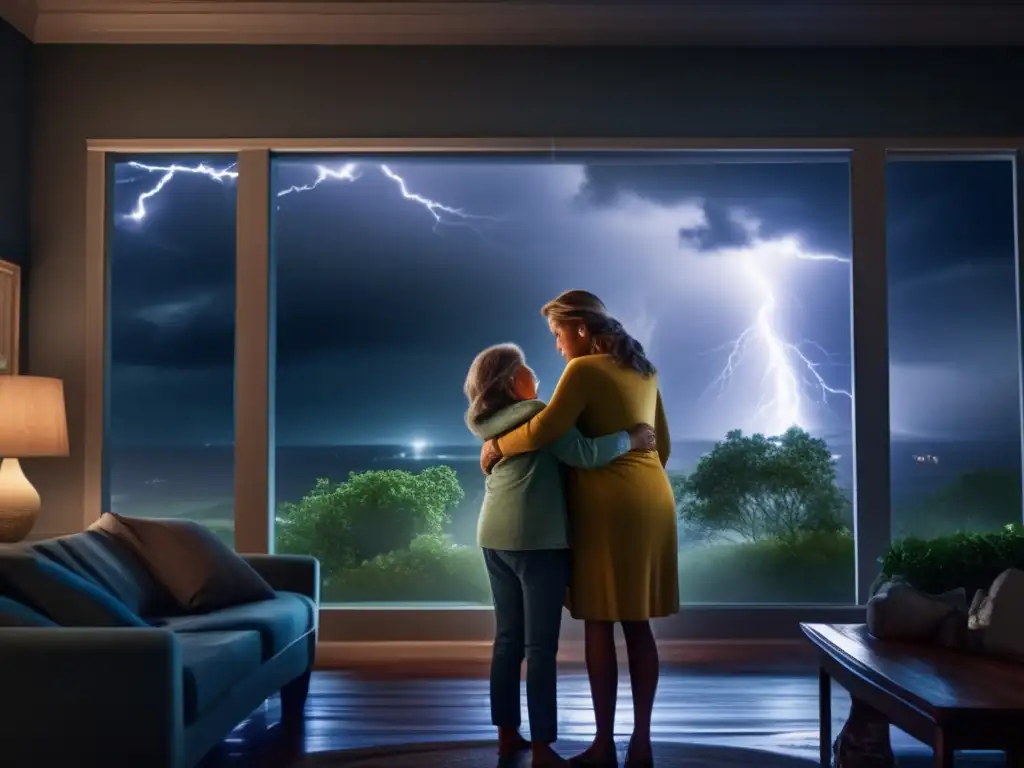
If you want to discover more articles similar to Talking To Children About Hurricanes: A Parent’s Guide, you can visit the Hurricane preparedness: category.
Leave a Reply

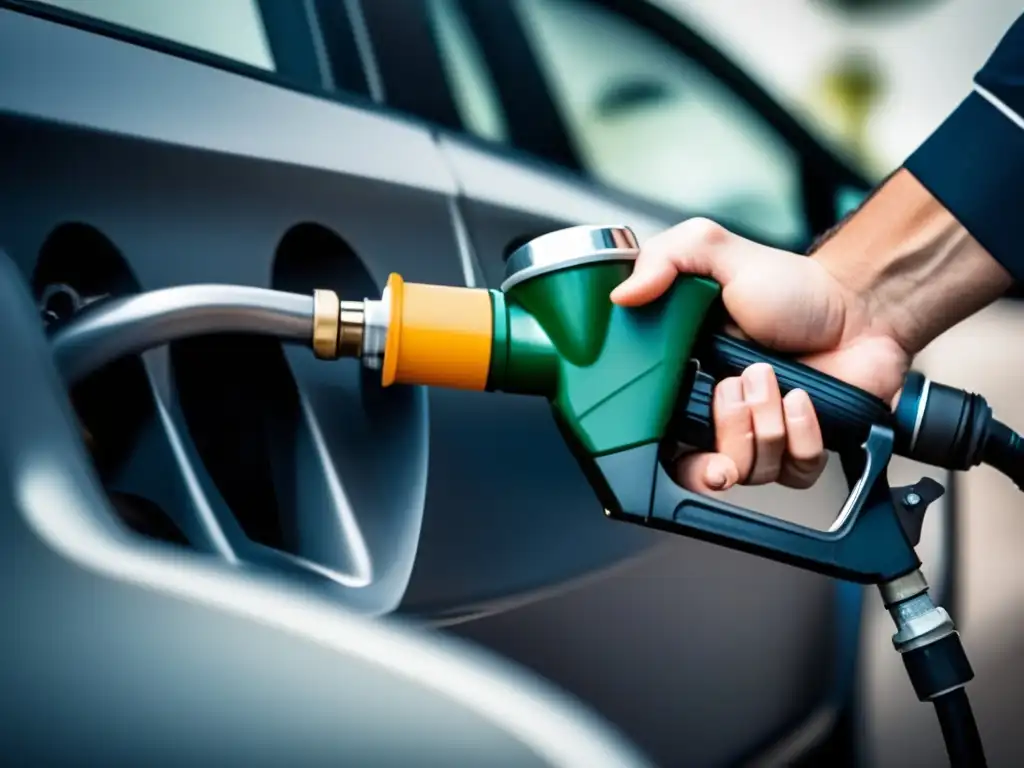
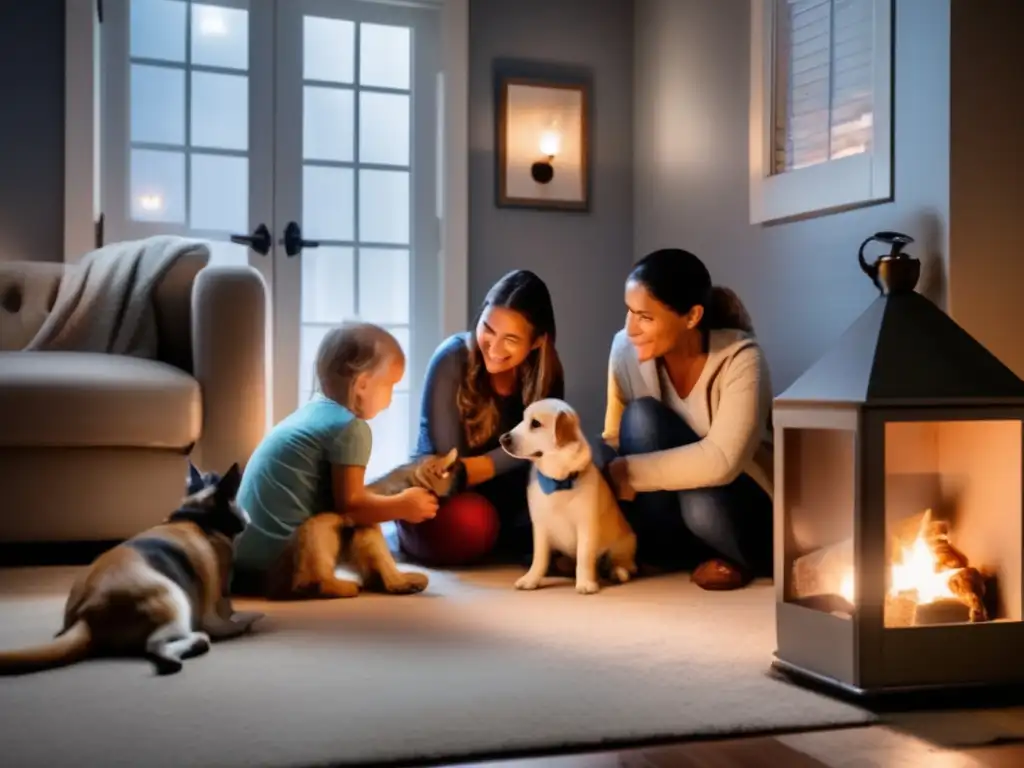

Articulos relacionados: